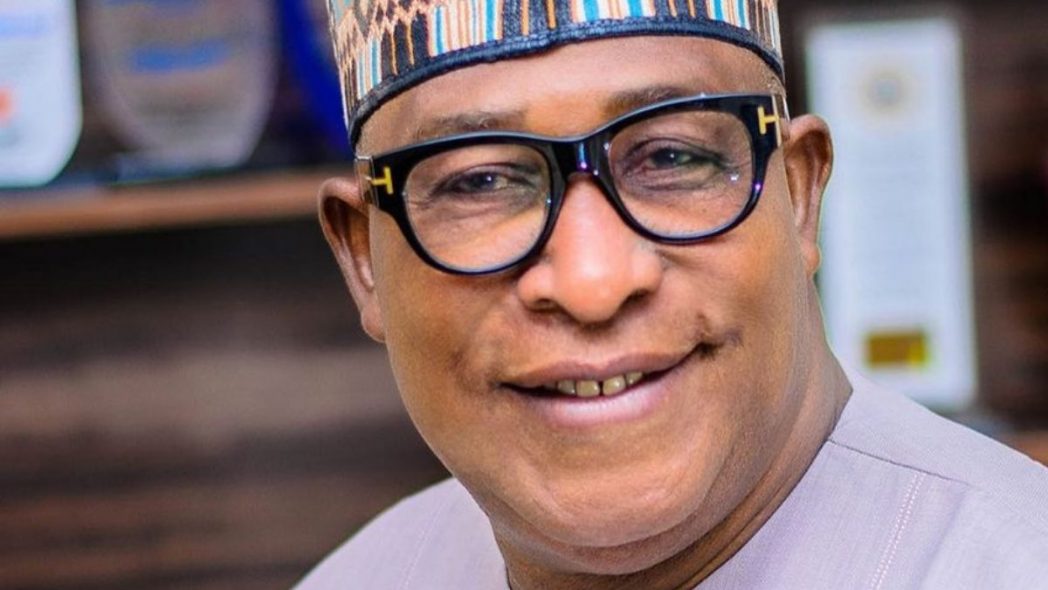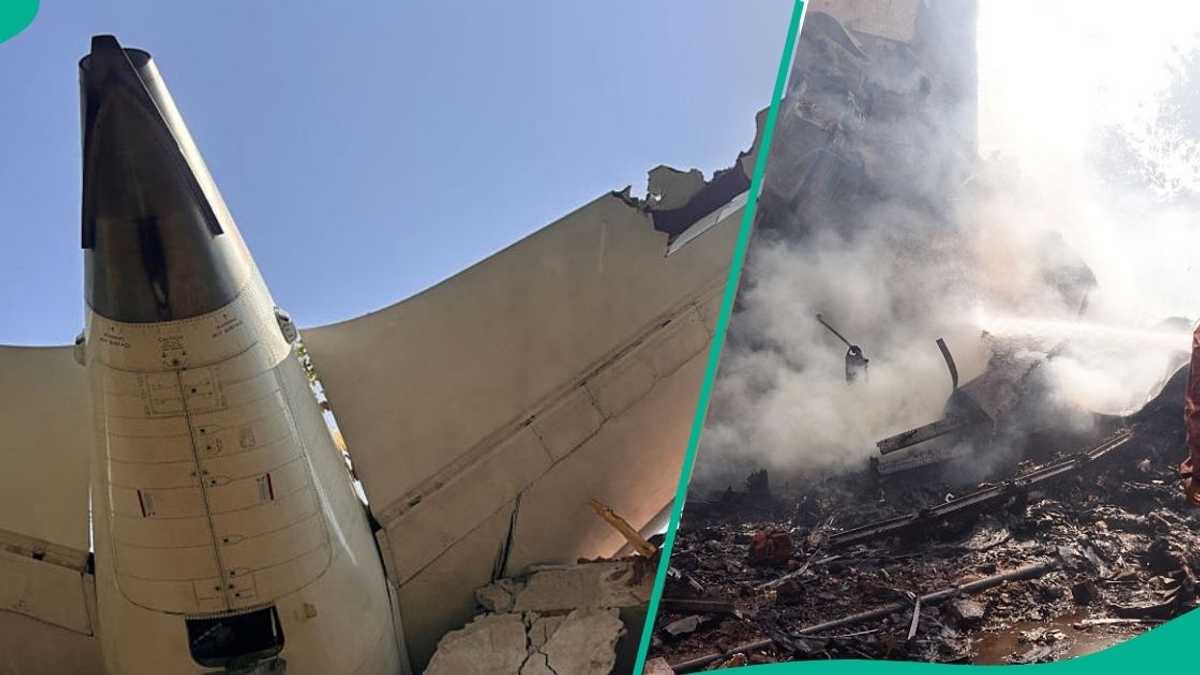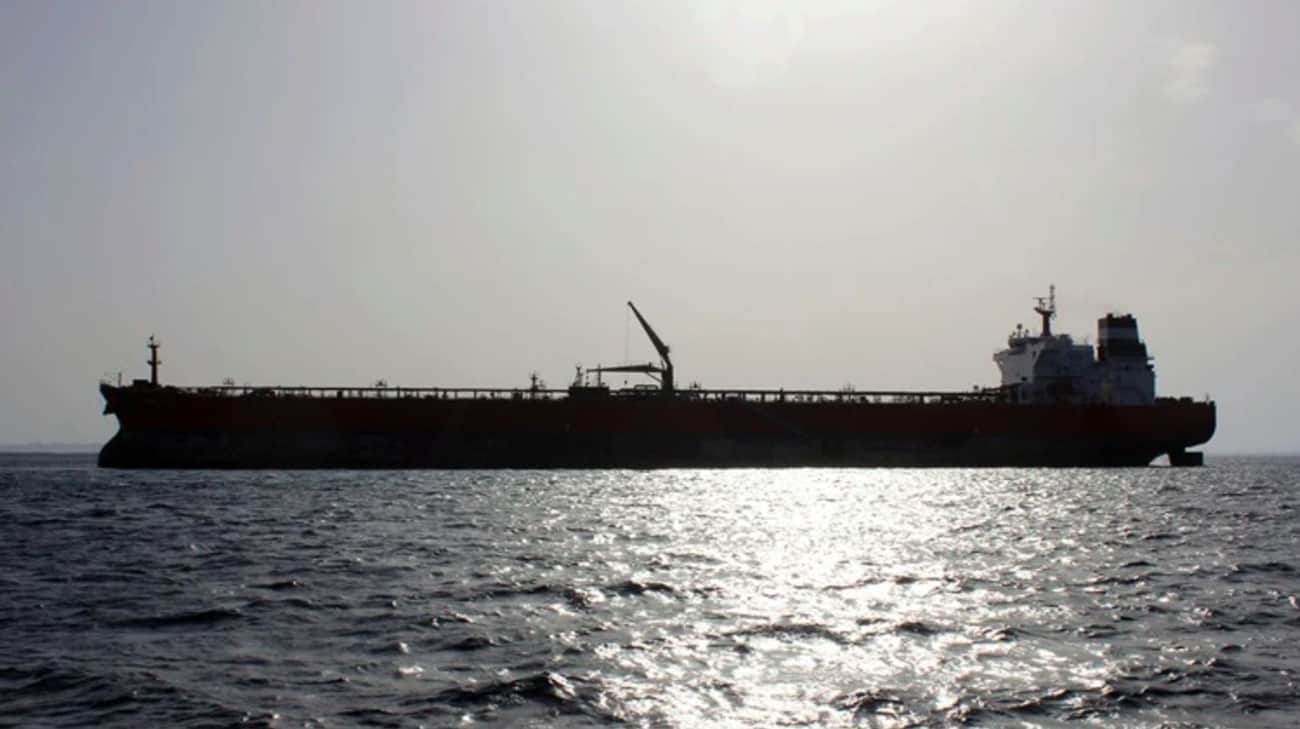Oil Slump Sparks Budget Funding Worries As Prices Dip Below $67
The federal government’s 2025 budget may face new pressures following a sharp drop in global crude oil prices, as Brent crude slumped below $67 per barrel.
This comes in stark contrast to the federal government’s benchmark projection of $75 per barrel, raising concerns about potential revenue shortfalls and increased borrowing.
The decline follows Iran’s decision not to block the Strait of Hormuz despite recent U.S. military strikes on Iranian targets. The strategic waterway, which handles nearly 20 per cent of the world’s oil shipments, was expected to be a flashpoint.
But Tehran instead retaliated with a limited missile strike on a U.S. base in Qatar, easing fears of a global supply disruption.
With oil currently trading at around $66.17 per barrel—roughly $9 below the official benchmark—Nigeria’s oil-dependent revenue projections now face significant risk.
The 2025 national budget, was built on optimistic assumptions: crude at $75 per barrel, daily production at 2.06 million barrels, and an exchange rate of ₦1,400 to the U.S. dollar.
Budget analysts warn that if prices remain below benchmark levels for an extended period, the government may be forced to explore more domestic borrowing or foreign loans to plug deficits.
After reaching a monthly high of $77.08 on June 19, crude prices began sliding as tensions in the Middle East began to cool.
The most dramatic drop occurred on June 24 when Brent crude hit $66.17—marking its lowest point in over two months.
This price trajectory is worrying for Africa’s largest oil producer, which remains heavily reliant on petroleum exports to fund national spending, pay salaries, and service debt.
Beyond price, Nigeria’s crude production levels have remained below target in recent months, fluctuating between 1.4 and 1.6 million barrels per day due to pipeline vandalism, oil theft, and operational bottlenecks.
At the set benchmark of 2.06 mbpd, even a modest shortfall in production would amplify the revenue gap, potentially affecting federal allocations, capital projects, and critical infrastructure spending.
The volatility reinforces calls for economic diversification and improved fiscal discipline. While the Central Bank has tried to stabilize the naira, external shocks from oil markets continue to exert pressure on reserves and exchange rates.
Energy analysts also note that while Iran’s restraint avoided a major crisis this time, geopolitical risks remain elevated in the Gulf region, and any future escalation could cause another price spike—or deeper plunge.
With Nigeria’s brent crude currently trading at US $67 compared to the $75 2025 budget benchmark, the Minister of Finance, Wale Edun emphasized that the priority of the government will be to ensure that government expenditure continues to meet the priorities of Nigerians, especially on critical infrastructure such as roads, power, and food security.
“Nigeria is diversifying its economy away from dependence on oil prices, and the extensive work on tax reforms is almost concluded. We will do all we can to create an enabling business environment, provide incentives, and implement structural reforms to attract private sector investment, drive growth, and generate revenue,” the Minister added.













